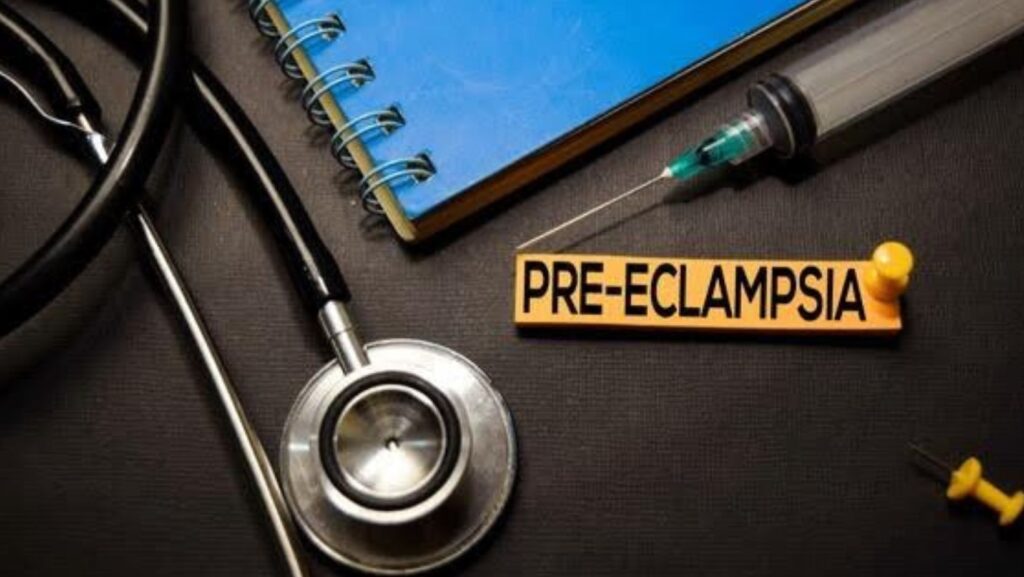New York has over 117 hospitals that cater to pregnant women, and all these hospitals ensure they provide the best services to pregnant individuals and babies. The city sees over 125,000 live births every year. However, sometimes mistakes do occur during pregnancy care that affect both the child and the mother.
Pre-eclampsia is a serious condition that can develop during pregnancy, and if doctors miss it or don’t treat it correctly, it can hurt both the mother and the baby. That’s why families seek legal help for pre-eclampsia claims in New York.
Pre-eclampsia usually happens after the 20th week of pregnancy. It is a condition where the mother’s blood pressure goes very high, and her organs, like the kidneys and liver, might not work properly. The baby can be affected too.
5-8% of pregnancies in the United States have pre-eclampsia, and it is responsible for about 15 percent of early deliveries. Most mothers and babies are fine if the condition is caught and treated quickly, but if not, serious problems can happen, and with legal help from a competent lawyer, families can get maximum compensation from the liable party.
How Lawyers Maximize Settlement in Pre-eclampsia Claims
Here are some of the ways a lawyer in New York will help families get maximum settlement:
Scrutinizing Records to Pinpoint Medical Mistakes
The first thing a lawyer does is review all the medical records. They look at every test, every note, and every treatment. They check if the blood pressure was measured properly. They check if symptoms like swelling, headaches, or vision changes were ignored. They also look to see if necessary tests were skipped.
Lawyers compare what the doctor did with what a careful doctor should have done. This is called checking the standard of care. If the doctor didn’t follow the standard of care, that can be used in a claim. Lawyers make sure no mistake goes unnoticed.
Proving Mistake Found
After finding mistakes, lawyers show exactly how the mistakes hurt the mother or baby. They write down all the problems caused by delayed treatment or misdiagnosis.
This can include extra hospital visits, medicine costs, or long-term health problems. They also show emotional stress, like fear and worry for the baby’s safety.
Lawyers work with medical experts to explain the harm in a way judges and insurance companies understand. They turn medical details into clear examples that show why the family deserves compensation.
Accounting for Every Expense (Past, Present, and Future)
Lawyers don’t just ask for money. They calculate how much the family actually needs. They include hospital bills, future medical care, lost wages, and therapy costs.
They also include pain, suffering, and emotional stress. Experienced lawyers make sure nothing is left out. Every detail adds to the total claim.
They also look at similar past cases. Some pre-eclampsia claims have resulted in millions of dollars when serious mistakes have occurred. Lawyers use this information to help families get fair settlements.
Leveraging Litigation
Lawyers often start by negotiating with the hospital or insurance company. They present all the evidence, show the harm, and explain why compensation is needed. Experienced lawyers know how to push for the highest possible amount.
If negotiations don’t work, the lawyer can take the case to court. They prepare witnesses, present medical proof, and explain everything clearly to a judge or jury. Lawyers guide families through every step so they are not overwhelmed by the process.
Summary of Steps a Lawyer Takes to Maximize Compensation
- Reviews all medical records for mistakes
- Checks if the standard of care was followed
- Shows exactly how the mother or baby was harmed
- Works with medical experts to explain the harm
- Calculates all costs, including future care and emotional stress
- Negotiates with insurance or hospitals for the best settlement
- Takes the case to court if needed
- Guides families and handles paperwork so they don’t have to



More Stories
The Real Reason Every Gamer Needs a High-Quality Gaming Chair
Purchasing a Used Spectrum Analyzer: A Smart Guide to Reliable and Cost-Effective Signal Testing
Coinisbet Builds Momentum as a Knowledge-Driven Korean Crypto Platform Blending News, Analysis, and Investor Community